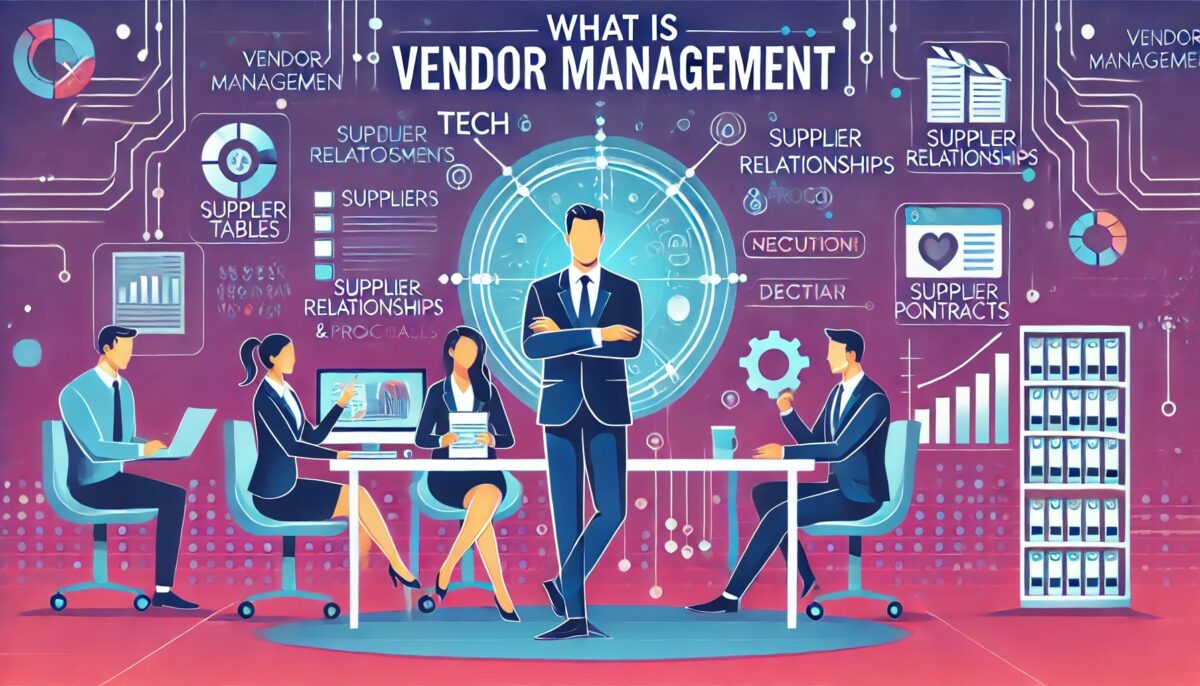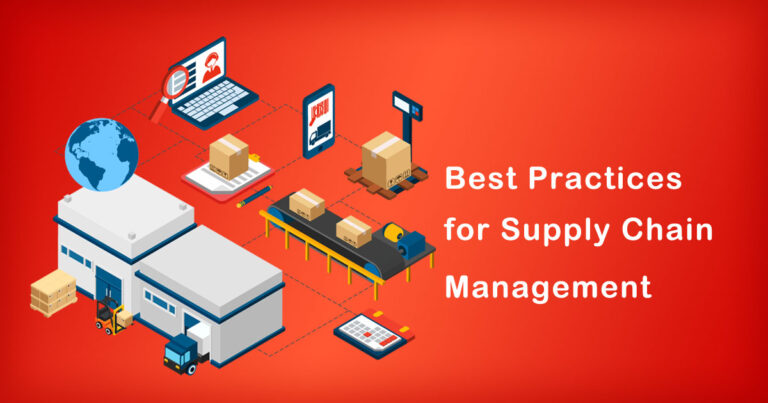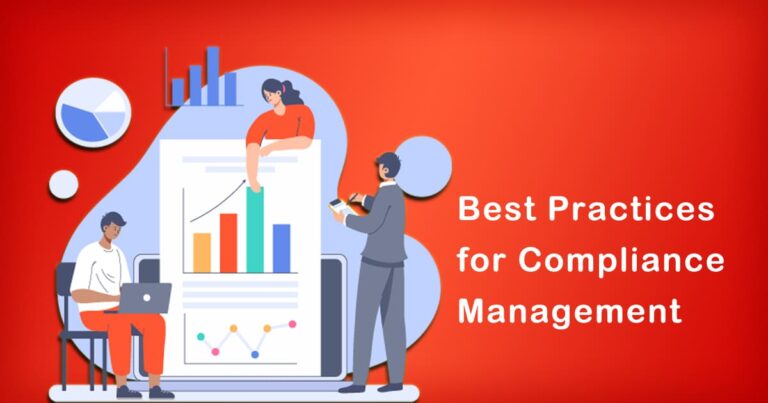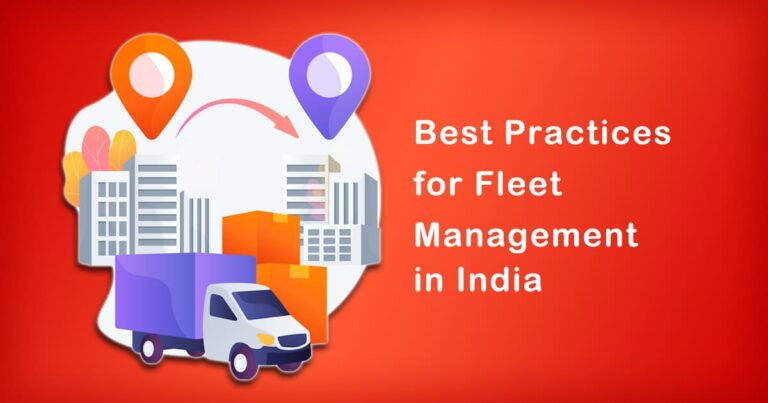Introduction
In the dynamic landscape of business operations, effective vendor management stands as a critical pillar for organizational success and sustainability. Especially in the context of India’s evolving market, where supply chain resilience and efficiency are paramount, understanding the intricacies of vendor management is not just beneficial but essential. Let’s learn more about what is vendor management in India.
Understanding Vendor Management
Vendor management refers to the process of overseeing relationships with external suppliers or vendors to ensure that goods and services are delivered on time, at the right quality, and within budget. It encompasses a spectrum of activities, from sourcing and contract negotiation to performance monitoring and relationship management.
The Importance of Vendor Management
Strategic Sourcing and Cost Efficiency
In India, where cost efficiency plays a crucial role in competitive advantage, effective vendor management helps organizations strategically source goods and services. By identifying reliable vendors who offer competitive pricing without compromising quality, businesses can optimize their procurement processes and achieve significant cost savings.
Risk Mitigation and Supply Chain Resilience
Vendor management also plays a pivotal role in mitigating risks associated with supply chain disruptions. In a country prone to regulatory changes, infrastructure challenges, and market volatility, having robust vendor management practices ensures continuity of operations and minimizes disruptions that could impact production schedules or customer commitments.
Quality Assurance and Compliance
Ensuring product and service quality is another key facet of vendor management. In sectors like manufacturing, pharmaceuticals, and technology, where adherence to quality standards and regulatory compliance are stringent, effective vendor management ensures that suppliers meet specified quality benchmarks and regulatory requirements.
Key Components of Vendor Management
Vendor Selection and Qualification
The process begins with identifying and selecting vendors based on specific criteria such as capability, capacity, financial stability, and compliance history. In India, where diverse industries thrive, selecting vendors who align with organizational needs and values is crucial for long-term partnership success.
Contract Negotiation and Management
Once vendors are selected, negotiations commence to establish terms and conditions that govern the relationship. Contracts in India must adhere to local legal frameworks and address aspects like pricing, delivery schedules, quality standards, and dispute resolution mechanisms to protect both parties’ interests.
Performance Monitoring and Evaluation
Continuous monitoring of vendor performance ensures adherence to agreed-upon service levels and quality standards. Performance metrics such as on-time delivery, product quality, responsiveness, and customer service satisfaction are monitored to identify areas for improvement and strengthen vendor relationships.
Relationship Management and Collaboration
Building strong relationships with vendors fosters collaboration and mutual growth. In India’s business environment, where personal relationships often complement professional transactions, effective communication, transparency, and trust-building are crucial for navigating challenges and leveraging opportunities together.
Challenges in Vendor Management
Regulatory Compliance and Legal Issues
Navigating India’s complex regulatory landscape poses challenges in vendor management, especially concerning tax compliance, labor laws, and environmental regulations. Businesses must ensure vendors comply with local laws to mitigate legal risks and uphold corporate responsibility.
Cultural and Communication Differences
India’s diverse cultural landscape influences business interactions and communication styles. Effective vendor management requires understanding and respecting cultural nuances to foster productive relationships and avoid misunderstandings that could impact collaboration and outcomes.
Technology Integration and Data Security
As digital transformation accelerates in India, integrating vendor management systems with enterprise technologies becomes imperative. Ensuring data security, compliance with data protection laws, and leveraging analytics for informed decision-making are critical considerations in vendor management strategies.
Best Practices for Effective Vendor Management
Develop a Comprehensive Vendor Management Strategy
Align vendor management objectives with organizational goals to create a cohesive strategy that addresses sourcing, risk management, compliance, and relationship management. A well-defined strategy provides clarity and direction for all stakeholders involved in vendor management processes.
Establish Clear Communication Channels
Effective communication is the cornerstone of successful vendor relationships. Establishing clear channels for feedback, performance reviews, and issue resolution fosters transparency and enhances collaboration between businesses and vendors.
Leverage Technology for Efficiency
Invest in vendor management software and digital tools that streamline processes, automate repetitive tasks, and provide real-time insights into vendor performance and compliance. Cloud-based solutions offer scalability and accessibility, enabling seamless management of vendor relationships across locations.
Conduct Regular Audits and Performance Reviews
Periodic audits and performance reviews help assess vendor compliance, identify operational inefficiencies, and mitigate risks proactively. Reviewing performance against agreed-upon metrics allows businesses to make data-driven decisions and optimize vendor partnerships for mutual benefit.
Conclusion
In conclusion, vendor management is not merely about transactional relationships but strategic partnerships that drive organizational success in India’s competitive marketplace. By prioritizing strategic sourcing, risk mitigation, quality assurance, and relationship management, businesses can navigate complexities, enhance operational efficiency, and foster resilience in their supply chains. Embracing best practices and leveraging technology empowers businesses to optimize vendor management processes, achieve cost efficiencies, and sustain long-term growth in India’s evolving economic landscape. As organizations continue to evolve and expand their vendor networks, the importance of robust vendor management practices cannot be overstated. By embracing a proactive approach to vendor relationships, businesses in India can strengthen their market position, mitigate risks, and capitalize on opportunities for innovation and growth.








